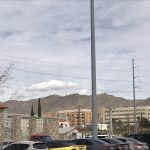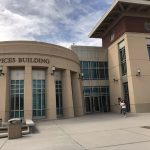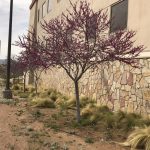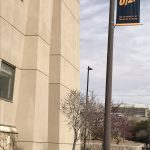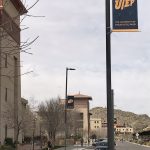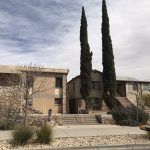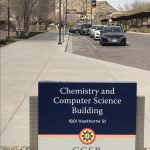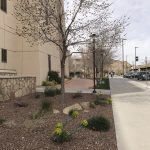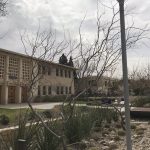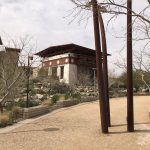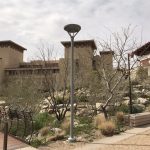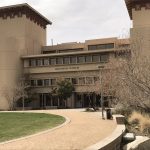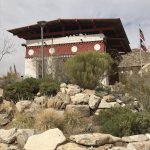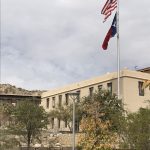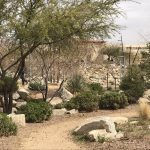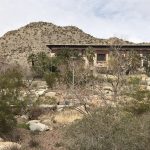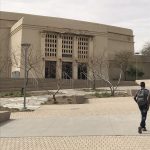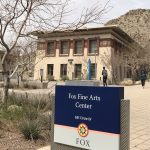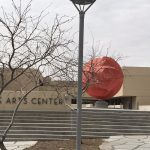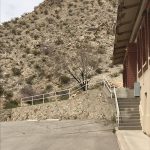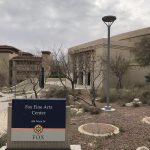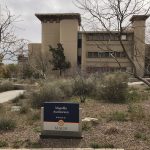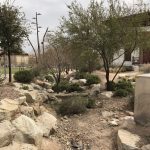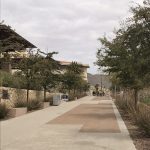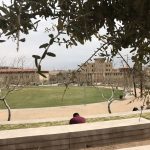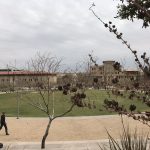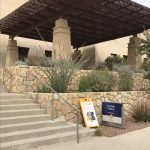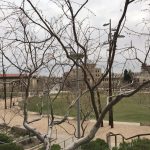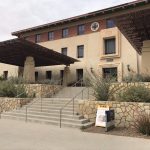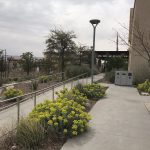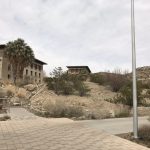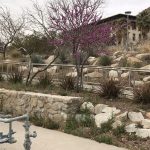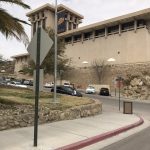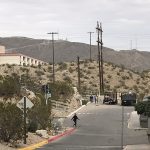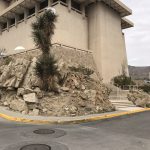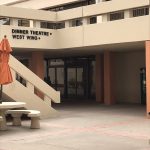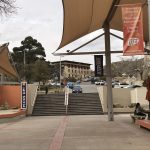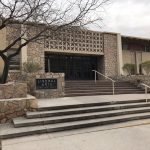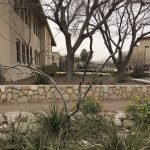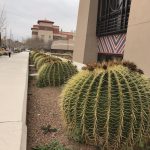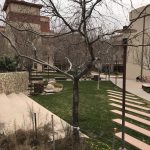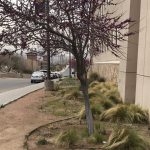News Podcast
Scholarships in chemistry with Dr. Luis Echegoyen of University of Texas at El Paso
Posted On : May 02, 2020
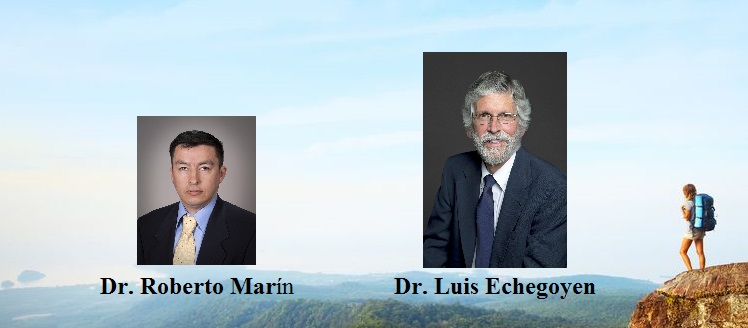
Looking for a scholarship to study an advanced degree in Chemistry?
Or…another discipline…?
Our special guest is Dr. Luis Echegoyen, 2019 president of the American Chemical Society. Dr. Echegoyen is the Robert A. Welch Professor of Chemistry at the University of Texas, El Paso. His trajectory is rich. Previously he was the Director of The Chemistry Division of the National Science Foundation and before that professor and Chairman of the Department of Chemistry at Clemson University.
Dr. Luis Echegoyen graduated with a Ph.D. in chemistry from the University of Puerto Rico and did his postdoc at the University of Wisconsin, Madison. Next, he transferred to Union Carbide as a Nuclear Magnetic Resonance Spectroscopist. In 1977 he returned to the University of Puerto Rico and started his fruitful academic career. He also had professorship positions at the University of Maryland and the University of Miami and did two sabbatical terms, one at the Universite Louis Pasteur, France, and another at the Swiss Institute of Technology or ETH, in Zurich.
In this conversation, Dr. Echegoyen talks about his treasured memories of childhood in Cuba. His father, the internationally acclaimed actor Luis Echegoyen, who scaped with the family and took refuge in Puerto Rico when Fidel Castro ousted the dictator Fulgencio Batista in 1959. Those were hard times. But hard work and perseverance rendered fruit. Thanks to his father, Dr. Echegoyen met in person famous people like Leopoldo Fernández (Trespatines), star in the internationally known TV and radio show “La Tremenda Corte“, and the world-renowned singer Celia Cruz.
One high point in Dr. Echegoyen’s personality is his genuine nature and humility. He does not need fanfare or arrogance, he is genuine and his accolades speak for themself. Yet, as he revealed in the interview with SACNAS – Society for Advancement of Chicanos/Hispanics and Native Americans in Science – he struggled to accept the gifts that have made him a very successful scientist and leader. He struggled with impostor syndrome. That is when you feel that you are fake, your professional success is due to luck and eventually, you will be exposed as a fraud. Dr. Echegoyen acknowledges that women and minorities are particularly affected by this syndrome. He has talked about this problem and thanks to his transparency many have found the courage to confront their own struggle. Dr. Echegoyen recommends that if you experience this self-doubt, find a mentor, someone whose judgment you trust, and tell them how you feel. And once in a while, look at your curriculum vitae and remind yourself of what you have accomplished. You can also become a mentor and remind yourself how far you’ve come by nurturing the next generation. These are some of his thoughts:
“After high school, I went to the University of Puerto Rico in Río Piedras. I rushed through my undergraduate chemistry degree in three years and then completed a Ph.D. in three additional years, publishing nine academic articles along the way. Although I was a successful chemistry student by every measure, for a long time I thought my success was based on luck. I kept thinking, “I am just a lucky guy.” I had some encouragement, but very little guidance or mentorship at the time.
Leaving Puerto Rico after my Ph.D. was perhaps the hardest transition of my life. I got a postdoctoral offer at the University of Wisconsin in Madison. While I loved my experience at the university, living in one of the coldest parts of the United States was hard. One morning I woke up and it was -27 degrees Fahrenheit! I kept thinking, “This is not right; it’s just too cold!” I was shaken, not just from the cold, but my confidence was also faltering. Here I was, the little Cuban from Puerto Rico—would I be able to compete with the best of the best in the U.S.?
At one of my lowest times, I finally experienced an important mentoring moment that made all the difference in the world. George Rubottom, one of my former Ph.D. thesis committee members was spending the summer in Madison, so it was comforting to have someone there whom I knew and respected. We had a conversation one day, and I expressed my anxiety and fear that I wouldn’t be able to succeed there, that I would fail, a reflection of my deep-rooted insecurity. I remember what he said to me as if I am hearing it today: “Echegoyen, hear this carefully. You are as good as or better than most of the people here and you will do as well as you did in Puerto Rico.” Just that one phrase changed everything for me. I went home that night with renewed confidence and had an incredibly successful year, publishing many high-impact articles in the following months. I realized that mentorship doesn’t have to be lifelong or complicated or involve a lot of effort: just one phrase said at the right time can be crucial to propelling a young scientist forward. At that point, I started to realize that my success thus far had little to do with luck; it had to do with who I was as a person, my knowledge, passion, and work ethics. It was me succeeding—not just luck.”
University of Texas-El Paso
The campus of the University of Texas at El Paso is modern and beautiful, yet its architectural features resemble the surrounding desertic type of landscape. Indeed, check out bellow the collection of pictures of UT El Paso and comment on what you think.
And by the way, The University of Texas at El Paso is the largest public university in the region. In the 2013 National University Rankings, UTEP was ranked as the 7th best university in Washington Monthly’s just behind Stanford and ahead of Harvard. El Paso is also home to Texas Tech University Health Sciences Center and due to its proximity, many students from El Paso attend New Mexico State University.
Until the next time,
Dr. Roberto Marín
References
1 https://en.wikipedia.org/wiki/El_Paso,_Texas
2 https://www.sacnas.org/team-details/luis-echegoyen-phd/
This podcast was produced by Felipe González in Costa Rica.
Team Ingear truly believes that improving access to the best graduate education is key for development. If you share this goal, help us!
Musical theme CreativeCommons
